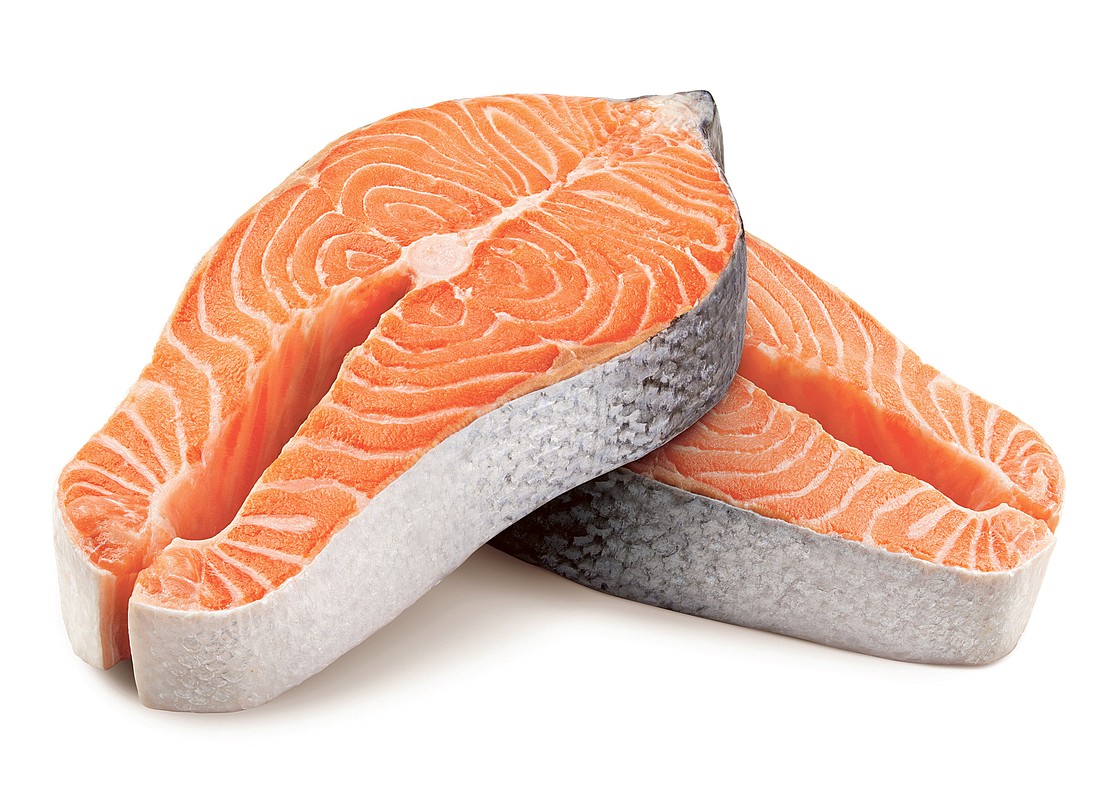- February 20, 2026
-
-
Loading

Loading

When it comes to your overall health, a balanced diet is one of the key players in the game.
Many of us have been taught to pay attention to the nutrition labels on the food we buy to see what’s in it. You’ve probably seen two types of fats listed on them: saturated and unsaturated fats. But what’s the difference?
One of the differences between the two types of fat lies in their chemical composition. Saturated fats have no double bonds in their chemical structure and are saturated with hydrogen atoms. This means they’re solid at room temperature.
Saturated fats are considered the “bad” fats. Studies have shown that consuming a large amount of them may increase your low-density lipoprotein — or LDL — cholesterol. This increases risk of heart disease. For that reason, the American Heart Association recommends that less than 5% to 6% of your daily caloric intake consists of saturated fats.
“They’re also associated with inflammation and also contribute to insulin resistance,” said Lisa Cooper, a registered dietician/licensed dietitians nutritionist with Orlando Health.
Saturated fats are found in whole-milk dairy products such as cheese, cream, ice cream, cream cheese and sour cream. It’s also in fatty meats, palm kernel or coconut oils and pre-packaged snacks.
“The recommendation is, ‘Let’s eat less of those saturated fats and replace with unsaturated fats,’” Cooper said. “Instead of eating butter, you’d use olive oil. Instead of eating cheese, you can use an avocado. Those are some samples of what you can do to make the substitutions. Saturated fats are mainly in the American diet in things (such as) cheese, pizza, whole-milk products, sausage, bacon, beef and cookies.”
Meanwhile, unsaturated fats are typically liquid at room temperature. There are two types: monounsaturated (one double bond) and polyunsaturated (two or more double bonds). Both are considered the “good” fats.
“If our diets are predominantly these unsaturated fats, it is cardio-protective,” Cooper said. “We want to replace saturated fats with these unsaturated fats.”
Polyunsaturated fats are made of Omega-3 and Omega-6 fatty acids, and Cooper said Omega-3, in particular, is considered an essential fatty acid. Many Americans tend not to get enough of them in their diets.
“They offer a lot of health benefits,” Cooper said. “They promote normal function of the brain and nervous system, they lower cholesterol, they reduce inflammation, they lower triglycerides — which is a blood fat associated with heart disease — and they increase the good cholesterol. They also lower blood pressure.”
With Westernized diets placing a lot of emphasis on foods high in saturated fats, it’s no wonder many Americans find themselves struggling with a heart-healthy diet.
“For one thing, we just eat too much food, anyway,” Cooper said. “We eat too much of highly processed foods and fast foods. (Saturated fat) is a really tasty fat. If you think about it, a very lean cut of meat is not as tasty as a porterhouse (steak) that’s got a lot of fat in it. It’s really a flavor thing, so that’s a piece of it.”
Long-term health implications include heart disease, insulin resistance that could lead to diabetes, and inflammation — the root of many diseases. That’s why it’s important to be conscious of incorporating more unsaturated fats into your diet.
Cooper looks to the Mediterranean diet as a prime example of a healthier one. It includes nuts, seeds, olive oil, fish, beans, peas, lentils, herbs and spices. It includes some red meat, cheese and wine, too, but the majority is plant-based.
“If you flip the switch and you’re looking at it from an unsaturated fat (perspective), you’re going to have the opposite effects like increasing your good cholesterol, improving your blood pressure and improving insulin sensitivity,” she said.